Background
Bahrain is a nation in the Middle East and is considered a major non-NATO U.S. ally and is a member of the Gulf Cooperation Council (GCC), the Arab League, the UN, and the WTO.
As a member of the GCC, Bahrain is fundamentally threatened by Iran and the Yemeni Houthi rebels’ willingness to use ballistic missiles to achieve political means. Currently, Bahrain deploys the American-made Patriot Advanced Capability-3, but has also looked into buying the Russian made S-400 or developing an indigenous missile defense system with the rest of the GCC states.[i]
Bahrain’s Ballistic Missile Defense Capabilities
| System | Operator | Number Deployed | Role | |
| Patriot/ PAC-3 | Bahrain | 2 Batteries | Defends against ballistic missiles, cruise missiles, and aircraft | 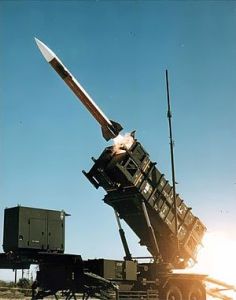 |
| AN/TPS-59 radar | Bahrain | 1 | Long-Range air surveillance; detects air breathing targets and ballistic missiles | 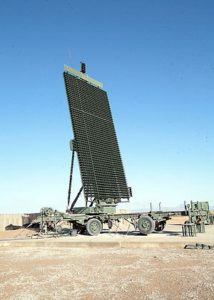 |
Bahrain’s Air Defense Capabilities
| System | Role | Number Deployed | Platform | |
| Crotale | Short-Range Air Defense | 10 Systems | Ground Based; Road-Mobile | 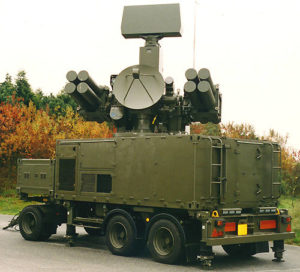 |
| Robot System 70 (RBS 70) | Short-Range Air Defense | 40 Systems | Man-Portable Tripod | 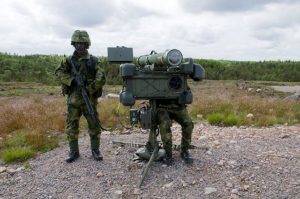 |
| FIM-92 Stinger | Short-Range Air Defense | 20 Systems | Man-Portable (MANPAD) |  |
| Oerlikon Skyguard | Short-Range Air Defense | 15 Systems | Ground-Based; Road-Mobile | 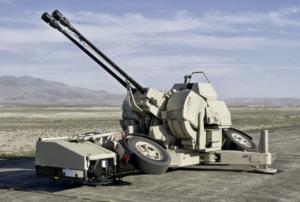 |
| MIM-23 Hawk | Medium-Range Air Defense | 8 Launchers | Ground Based; Road-Mobile |  |
Current Developments
In May 2004, Bahrain had purchased a $43.6 million contract for a ballistic missile radar system from Lockheed Martin and had members of the Bahrain Defense Force trained on how to maintain and operate the system in Syracuse, New York.[ii] The radar system was delivered in October 2007 after proceeding smoothly through a site acceptance test in August of that same year. The Bahrain Defense Force now uses the system primarily for air surveillance.[iii]
In January 2016, it was announced that the GCC is working on developing a joint missile defense shield. GCC officials say that the missile defense shield would be a way to create a cross-border approach to counter Iran’s growing missile capabilities.[iv] As recently as May 2017, the shield was still in progress.
In October 2017, Bahrain has announced it is in talks with Russia to purchase the Russian-made S-400 surface-to-air missile system. Bahrain has previously purchased the Kornet-EM, an anti-tank guided missile system, and has high hopes that it can finish the process to also purchase the S-400.[v]
In September 2018, the United States announced its plans to withdraw one Patriot system from Bahrain. There are currently no plans to replace the system.
Most recently in May 2019, the State Department cleared the sale of $2.5 billion of Patriot systems to Bahrain. This would include 60 Patriot Advanced Capability-3 Missile Segment Enhancement missiles, 36 Patriot MIM-104E Guidance Enhanced Missiles with canisters, 9 M903 launchers, and NA/MPQ-65 radar sets.
Recent News
References
[i] https://rusi.org/commentary/could-trump-usher-elusive-gcc-missile-defence-shield
[ii] http://aviationweek.com/awin/lockheed-ballistic-missile-radars-bahrain
[iii] https://www.defenseindustrydaily.com/bahrain-receives-tps-59-missile-defense-radar-04013/
[iv] http://www.arabnews.com/featured/news/868786
[v]http://www.defenseworld.net/news/20994/Bahrain_In_Talks_For_Purchase_Of_Russian_S_400_Missile_Systems#.WjAjYEqnHIV
